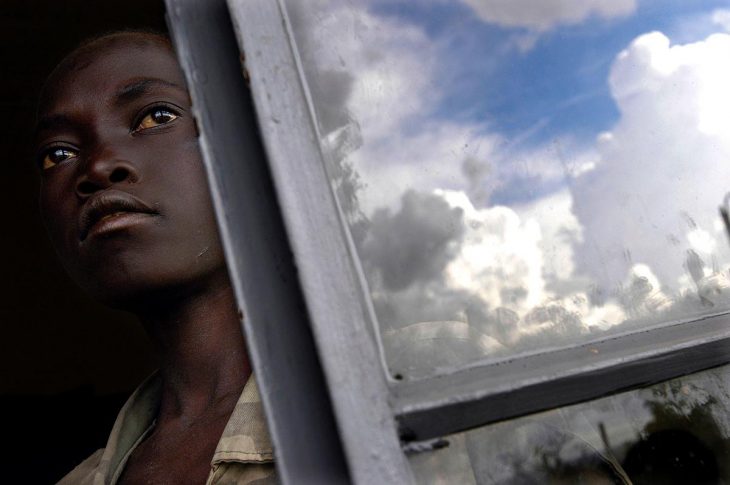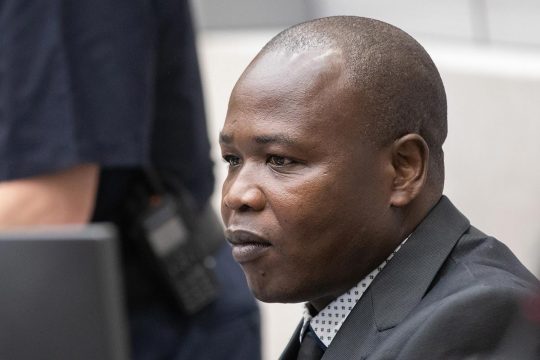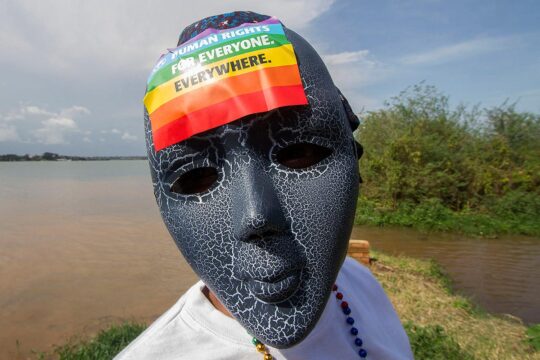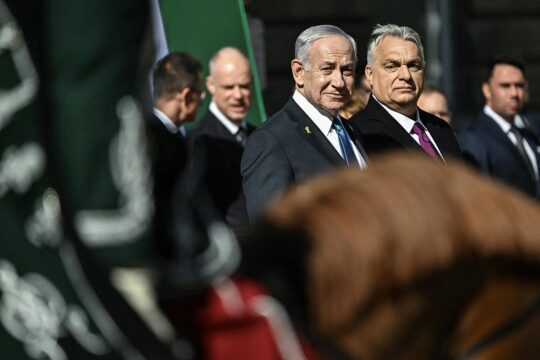Dominic Ongwen, an Acholi from northern Uganda who has been in the hands of international justice since January 2015, faces 70 counts of crimes against humanity and war crimes for events that took place between July 2002 and December 2005. The charges brought against him are extremely grave: murder, rape, sexual slavery, torture, cruel treatment, enslavement, outrages upon personal dignity, conscription and use of children under the age of 15 to participate actively in hostilities.
This man who became commander of the LRA’s Sinia brigade did not join the rebels in the bush of his own free will. Presented by the ICC Prosecutor as one of the most formidable commanders of the Lord's Resistance Army, he was abducted by this brutal rebellion when he was a child. He was nine years old, his lawyers said.
Joseph Kony the thought-reader
As soon as he was in Kony’s grip, the young captive was subjected to extreme indoctrination. According to the defence, he was taught that LRA leader Kony, a self-proclaimed prophet, was endowed with spiritual strength, could read his troops’ thoughts and was possessed by spirits through which he could monitor the actions of each of his fighters. Ongwen was taught also that Kony cast evil spells on captives who tried to escape him or disobey his orders, say his lawyers. The defence argues that the former child soldier, now an adult, was not responsible for his actions, but rather it is the spirits or Kony who are responsible. Kony, who has been under an ICC arrest warrant since July 2005, is still at large, according to the court.
The defence team is well aware of the difficulty of convincing a court made up people mainly trained in the Western mould, a thousand miles away from the cultural realities of the Acholi people in northern Uganda, of its thesis. “It should not be left to our intellect, the intellect of counsels in this room to carry the day,” said lead defence counsel Krispus Ayena Odongo in his closing arguments in March 2020. “It should be appreciation of the factual situation as perceived by your Honours that should determine this case one way or the other.”
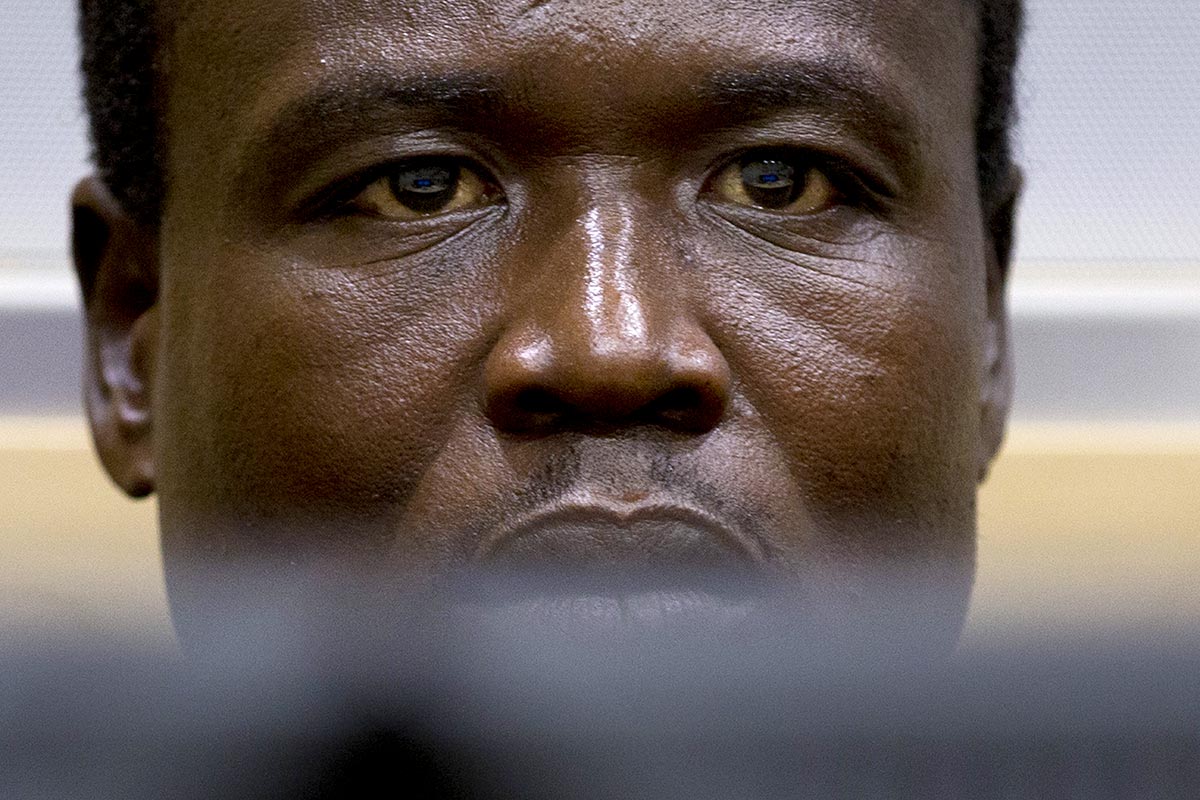
Mysticism that terrorizes and subjugates
“This mysticism, your Honours would realize, gripped most of the abductees with absolute awe and put them in total submission,” the Ugandan lawyer told the Court. “We submit that the Prosecution has been at a tangent with the factual situation of this case. They turned their back to the core issues, which is the character of the LRA. They ignored the effects of spiritualism on the mental state of Mr Ongwen.” International justice should have pursued Kony instead, or the Ugandan government for failing to protect its citizens, he argued, stressing that this is a special case. “Kony is not an ordinary person. Ongwen, like the rest of northern Ugandans, believed the peculiarity and effectiveness of Joseph Kony's spiritualism. The LRA is basically about spirit control, control of the forces through alleged spirit medium, and that medium dwelt in only one person who was the alpha and the omega of LRA, that was Joseph Kony.”
Ayena Odongo's team brought several witnesses in support of its thesis, including former LRA captives and traditional healers from Acholi villages. They claimed that Kony was indeed endowed with natural forces. Experts also testified, including Kristof Titeca, a researcher at the University of Antwerp. Questioned by Justice Info in January 2021, this academic explained the essence of his testimony before the judges: “Spirits were a central element to the LRA. Joseph Kony claims to be possessed by a range of spirits, who dictate him what to do.” As a result, fighters believe they must carry out his orders, or else they will be punished - often killed. “This gave Kony particular powers, as they believed he could read their minds, or could predict the future. This, for example, stopped some combatants from trying to escape from the LRA.” But Titeca says other combatants stayed for fear of seeing their families killed in reprisal.
System ill-equipped to assess non-Western behaviour
In a January 17, 2019 article in the Washington Post after his ICC testimony, Titeca lamented that the prosecutor did not see fit to cross-examine Ugandan witnesses who testified about belief in spirits within the LRA. Yet he, a Western expert removed from the context, was indeed cross-examined, he wrote. “In sum, international justice is fraught with difficulties. While international law claims to apply universal justice, it still seems underequipped to deal with spirits that are an integral part of the worldview of many of the people caught up in trials.” For this researcher, who worked for several years on the LRA, "it remains to be seen how willing, and able, the ICC will be to take spiritual beliefs into account in its rulings”.
Adina Loredana-Nistor, a PhD student researcher at the University of Groningen in the Netherlands, is another western expert on the LRA. She has closely followed the Ongwen trial. “Joseph Kony and his spirits have definitely been among the most ‘present’ absent figures,” she says. “Kony’s name has been mentioned in over 270 trial transcripts. Issues related to spiritualism have equally been discussed at length.” But she calls for caution, as belief in Kony's supernatural forces must have varied over time and according to the LRA brigades.
“This is not a homogenous view that can be applied as an explanation umbrella to all LRA members,” Loredana-Nistor told Justice Info. “Several witnesses (mostly prosecution and victim’s representatives’ witnesses) stated that they knew nothing about spiritualism within the LRA, and it may well be that this aspect was not consistently implemented throughout all the brigades uniformly.”
LRA changes over time
Tim Allen, a professor at the London School of Economics, has been interested in the LRA since its inception in the 1980s. He wrote his thesis on northern Uganda and published two books on the Kony movement. In his testimony before the ICC on January 16, 2017, he made an observation similar to that of Nistor. "The LRA has changed radically over the years," Allen says, suggesting that the armed group was not always a monolithic bloc where all regulations were applied with equal rigour. Some of its former members have even said that Kony was no longer possessed by spirits after the 1990s. But Allen says it was the people captured as children who were most marked by this belief in Kony's spiritual forces. “Many of those who were abducted as children were deeply affected by the spiritual qualities of the Lord's Resistance Army. Some of those whom I interviewed after they returned remained fearful, for example, that Kony would know what they were thinking or would know where they were after they returned.”
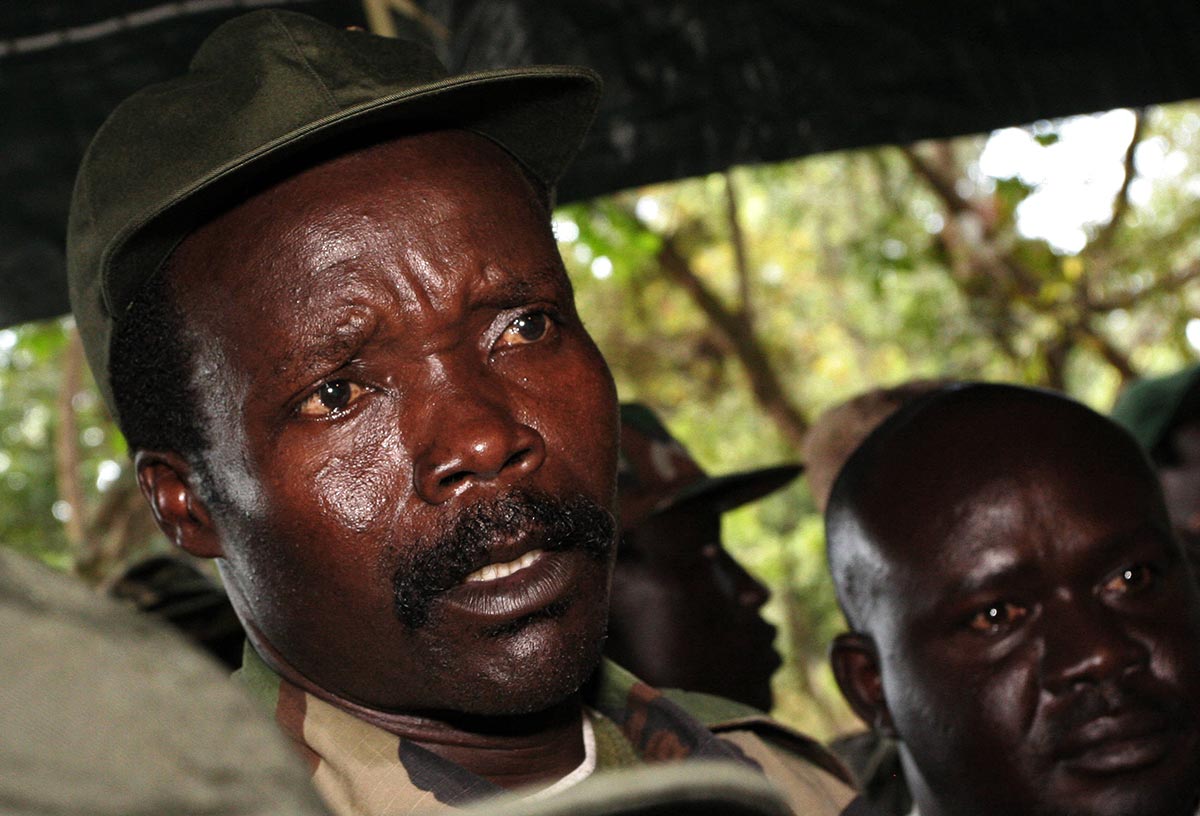
Fear of Kony
Others have said they feared Kony for other reasons, Allen continues. “I think it was very variable. Most people were fearful of Kony himself. And I think what they feared most, it was the kind of unpredictability of Kony. Sometimes he could be incredibly friendly and seem very reasonable, and sometimes he would start speaking in strange voices or would act in a violent way. So I think even those who didn't buy into the spiritual aspects of the LRA were fearful of Kony.”
Will the judges take into account, in their decision, the reasoning of the defence regarding belief in spirits? “I wouldn’t be surprised if the judgment stayed silent on this issue as has happened before in other such trials that touched upon issues of spirituality, such as the trials at the Special Court for Sierra Leone,” says Nistor. At the ICC, however, in the trial of Germain Katanga, judges criticized the prosecutor for failing to investigate the role of fetishes in the attack on Bogoro, for which the former Congolese militia leader was sentenced to 12 years in prison. “Each chamber acts differently and there is room for many approaches and moreover, international criminal law is evolving,” commented Nistor.
However, she thinks that "the issue of spiritualism could be considered with regard to some of the specific evidence presented”. While she doubts that spiritualism alone will determine the outcome of the trial, she nevertheless believes that “it would be more relevant to take it into account in assessing the overall coercive nature of the environment in which the LRA members lived, for example". The ICC's judgment is eagerly awaited, particularly in northern Uganda, where some still believe in the strength of spirits.


